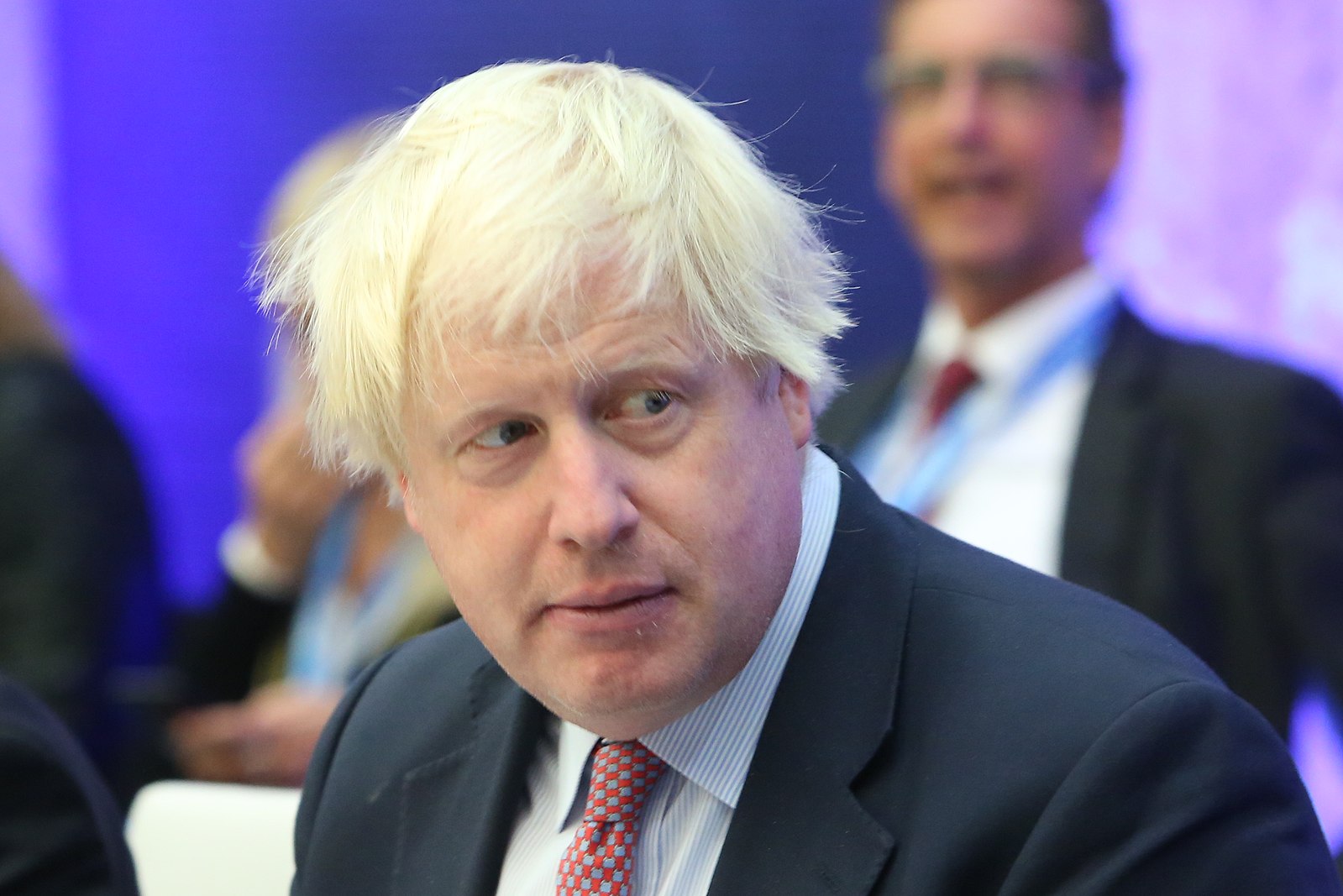By Daniel Gaffney
He may have contracted coronavirus, but Boris Johnson’s popularity has soared since the start of the covid-19 pandemic, a recent poll has shown.
The poll carried out by YouGov found that 55% of Britons now hold a favourable opinion of the Prime Minister, compared to 33% when he took office in December.
The data also showed that most of the new support came from voters who did not back the Conservative party in the 2019 general election.
It comes after Mr Johnson announced a swathe of draconian measures that essentially put the country on lockdown for at least the next three weeks, and will also see the closure of libraries, playgrounds and outdoor gyms, as well as places of worship.

But Coronavirus could not have come at a better time for the UK Prime Minister. Having come to power during the most politically contentious period in recent memory, many commentators believed that Johnson had inherited a poisoned chalice.
However the ongoing pandemic has presented Johnson with a unique opportunity: for the first time since the referendum, no one is talking about Brexit. Instead, hardline Conservative Brexiteers will be quick to compare Britain’s calm and controlled handling of the pandemic, to the EU’s policy of every man for himself. While Jeremy Corbyn has attended his final Prime Minister’s questions as Labour Leader; a Leader of the Opposition that the government will happily see return to the back benches.
In fact, before Westminster was sent on an early Easter Holiday this week, Johnson and his cabinet had achieved cross party consensus by announcing enormous increases in public spending to keep businesses alive during the pandemic, and prevent job losses. A similar package aimed toward the self-employed has also been announced.
Equally, the unique circumstances that the world is now facing have afforded Johnson and other key members of the cabinet the opportunity to have more face time with the public, with many people observing senior members of the cabinet as civil servants rather than campaigning politicians. In fact, members of the cabinet have often deferred questions to the government’s scientific advisors, rather than deferring the question altogether. Something that has frustrated the media and the British public in recent years.
Eagle-eyed viewers will also have noticed that the PM – who was first in his class at Oxford – has dropped his usual class-clown ‘bumbling’ persona, in favour of a clearer, sterner manner of speaking during his daily press briefings from Downing Street.
Before going into self-isolation, Johnson had received plaudits on social media, with many people commenting that the PM had really ‘stepped up’, and others observed that Johnson looked tired, and applauding him and his cabinet for working around the clock in order to ‘keep the country going’.
Boris Johnson has channelled the voice of Winston Churchill in many of his dispatches and public addresses to date. While Mayor of London, Johnson even published a book called ‘The Churchill Factor: How One Man Made History’, in 2014. While Johnson’s book seemed more about visions of himself than Churchill, he is clearly paying careful attention to the production of his own ‘war time’ narrative.
It should be noted that two months after the conclusion of the Second World War, Churchill was voted out of office in favour of a Labour government. It remains to be seen how Johnson will fare when the world goes back to normal, and Brexit rears its ugly head again.


Leave a Reply